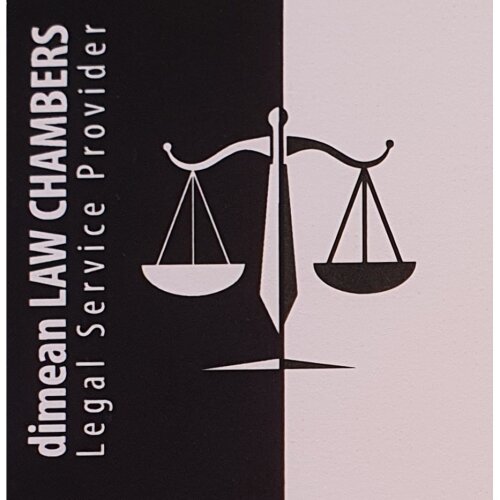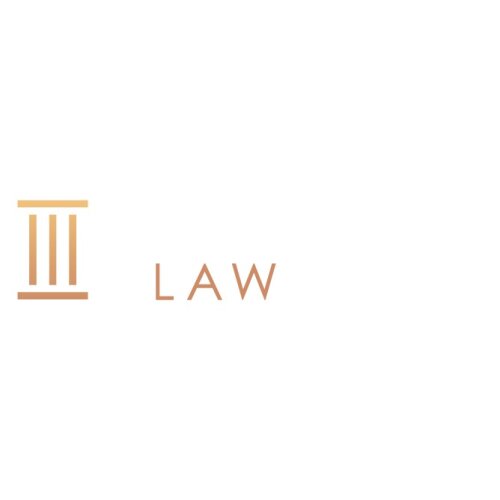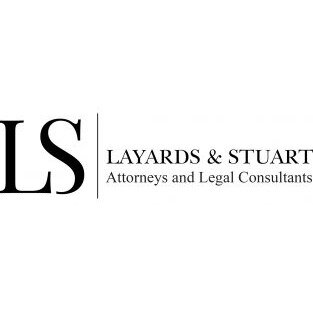Best Land Use & Zoning Lawyers in Sri Lanka
Share your needs with us, get contacted by law firms.
Free. Takes 2 min.
Free Guide to Hiring a Real Estate Lawyer
Or refine your search by selecting a city:
List of the best lawyers in Sri Lanka
About Land Use & Zoning Law in Sri Lanka
Land use and zoning laws in Sri Lanka are designed to manage how land is utilized and developed within the country. These regulations ensure that land resources are used efficiently and sustainably, balancing developmental needs with environmental preservation and community welfare. The Sri Lankan legal framework involves multiple jurisdictions, including national, provincial, and local authorities. This framework regulates everything from residential building permissions to commercial property use and infrastructure development. Understanding these laws is crucial for anyone involved in buying, selling, or developing land in Sri Lanka.
Why You May Need a Lawyer
Individuals may require legal assistance in land use and zoning for several reasons:
- Disputes: Land ownership disputes, boundary disagreements, or infringement of zoning laws can lead to legal conflicts that require expert advice.
- Development Projects: When planning construction or development, legal guidance ensures compliance with zoning regulations and land use policies.
- Permits and Licenses: Applying for the necessary permits to build or modify structures can be a complex process, requiring legal expertise.
- Environmental Concerns: Navigating the laws regarding environmental impact assessments and restrictions on certain land uses to protect ecological balance.
- Investment: Investors in real estate may need legal evaluations to understand zoning restrictions and potential land use opportunities.
Local Laws Overview
Sri Lanka’s land use and zoning laws involve several key elements:
- Urban Development Authority Law: Governs the planning and development of urban areas, with provisions for zoning classifications.
- Municipal Council Ordinance and Town Council Ordinance: Regulate land use within municipal and town council areas.
- Coast Conservation Act: Manages land use in coastal areas, essential for developments close to the shoreline.
- Agrarian Development Act: Protects agricultural lands and prescribes guidelines for their use, ensuring that agriculture is promoted and preserved.
- Environmental Act: Ensures land use complies with environmental protection standards, including necessary assessments for development projects.
Frequently Asked Questions
What is zoning law?
Zoning law involves regulations defining how land in specific geographic zones can be used. It typically dictates the types of activities permitted on a parcel of land, such as residential, commercial, industrial, or recreational.
How can I determine the zoning classification of my property?
Zoning classifications can be determined by consulting local municipal offices or the Urban Development Authority. They will have maps and databases outlining current zoning for specific areas.
Can zoning laws impact property value?
Yes, zoning laws can influence property values significantly. Restrictions or allowances in land use can either enhance or detract from a property’s market value and potential for future development.
What is required to change the zoning of a property?
Changing the zoning of a property involves applying for a rezoning permit. This often requires a public hearing, approval from local authorities, and sometimes compliance with environmental assessments.
What is a non-conforming use in zoning terms?
A non-conforming use refers to a property that was legally established under previous zoning regulations but does not comply with current zoning laws. It’s typically allowed to continue until changes are made to the property.
How does land use affect environmental conservation in Sri Lanka?
Land use laws in Sri Lanka often include measures to protect natural resources and the environment, ensuring that development activities do not compromise ecological balance or biodiversity.
What are the penalties for violating zoning laws?
Penalties for violating zoning laws can include fines, orders to cease operations, or requirements to restore land to its original state. In severe cases, legal proceedings may be initiated against violators.
Can zoning laws vary between different regions in Sri Lanka?
Yes, zoning laws can differ significantly between regions due to varied urban or rural development needs, environmental conditions, and local governmental policies.
How do zoning regulations affect new construction?
Zoning regulations determine where and what type of construction can occur. They impact architectural plans, setbacks, building heights, and ensure compatibility with surrounding land uses.
Who enforces land use and zoning laws in Sri Lanka?
The enforcement of land use and zoning laws is typically the responsibility of local municipal bodies, the Urban Development Authority, and sometimes environmental agencies in specific contexts.
Additional Resources
For further information and assistance, consider contacting the following organizations and governmental bodies:
- Urban Development Authority (UDA): The main authority for urban planning and development.
- Ministry of Lands: Responsible for the oversight of land policy and administration.
- Department of National Planning: Provides insights into national level land use planning.
- Legal Aid Commission of Sri Lanka: Offers legal help, including land-related legal advice for those in need.
- Central Environmental Authority: Oversees environmental aspects of land use and development projects.
Next Steps
If you require legal assistance in land use and zoning matters:
- Consult a Specialist Lawyer: Look for lawyers specializing in land use and zoning laws in Sri Lanka. Their expertise will be invaluable in navigating complex legal landscapes and ensuring compliance.
- Gather Relevant Documentation: Collect all pertinent documents, including deeds, maps, and correspondence, to provide your lawyer with a comprehensive view of your situation.
- Request an Initial Consultation: Many lawyers offer initial consultations to discuss your needs and outline potential legal strategies.
- Stay Informed: Regularly check updates on local laws and zoning changes that may impact your property or project.
Lawzana helps you find the best lawyers and law firms in Sri Lanka through a curated and pre-screened list of qualified legal professionals. Our platform offers rankings and detailed profiles of attorneys and law firms, allowing you to compare based on practice areas, including Land Use & Zoning, experience, and client feedback.
Each profile includes a description of the firm's areas of practice, client reviews, team members and partners, year of establishment, spoken languages, office locations, contact information, social media presence, and any published articles or resources. Most firms on our platform speak English and are experienced in both local and international legal matters.
Get a quote from top-rated law firms in Sri Lanka — quickly, securely, and without unnecessary hassle.
Disclaimer:
The information provided on this page is for general informational purposes only and does not constitute legal advice. While we strive to ensure the accuracy and relevance of the content, legal information may change over time, and interpretations of the law can vary. You should always consult with a qualified legal professional for advice specific to your situation.
We disclaim all liability for actions taken or not taken based on the content of this page. If you believe any information is incorrect or outdated, please contact us, and we will review and update it where appropriate.
Browse land use & zoning law firms by city in Sri Lanka
Refine your search by selecting a city.

















